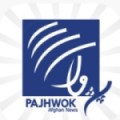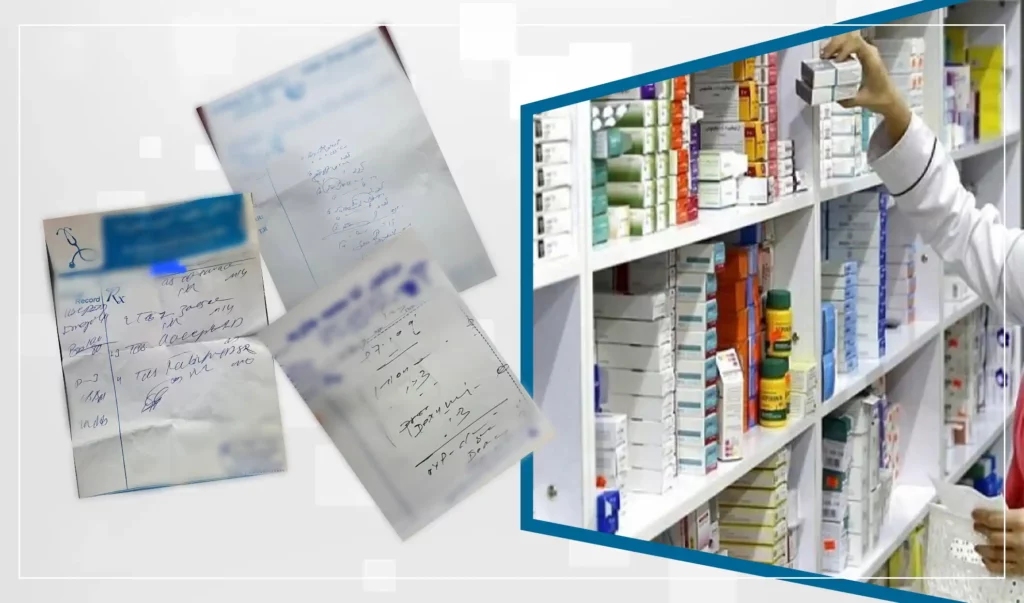
Prescribing Medicines In Secret Manner Unprofessional: Experts
The problem persisted from the past and people say doctors, laboratories owners and pharmacists had connections through these secret words.
More physicians use codes in prescriptions: Residents
Sher Ali Hussaini, the resident of Kota-i-Sangi area of Kabul who is suffering from stomachache, is receiving medicines from a doctor in Khoshal Khan area.
Without disclosing the name of the doctor he said:“I get treatment from this doctor he give me good medicines but the negative point is that he has secret deal with the pharmacy close to him and the medicine he prescribe could only be found there.”
He added that he took his prescription to other pharmacies but nobody was able to identify the medicines in the prescription.
Tahir Samim, the resident of Kabul, said:“I was suffering from body pain and went to a doctor in Dasht-i-Barchi, the prescription he wrote was not readable and understandable and I had to go back to his clinic and made the correction.”
He said the medicines I purchased from a pharmacy expensive by 100 afs comparing to other pharmacies.
Both suffered from the coding and secret points in the prescriptions and asked authorities to address the issue.
Complaints on social media:
A facebook page Sehat Bara-i-Hamma shared the copy of a prescription and wrote:“Without the pharmacy close to the physician clinic no other pharmacists were able to read it, can anybody could read it?”
It added:“I hope these types of prescriptions are also banned and in case of violation the doctor get fine or his/her clinic is shut.”
Sultan Mohammad Sadid, the owner of this page, told Pajhwok Afghan News:“We receive daily such prescriptions which could be entertained at a specific pharmacy. Physicians deliberately write the prescription in a manner which is not understandable to other and could be only discharge from the pharmacy with which they have special contact.”
“Some medicine import or production companies offer a specific percentage of amount to physicians for this or some doctors have their own pharmacies.”
He provided three copies of such prescriptions that he receive from people to Pajhwok Afghan News.
Pharmacists:
Dr. Mohammad Naeem Hakimi, a pharmacist, in the Kota-i-Sangi are of Kabul, said:“Code based and unreadable prescriptions do existed and we daily face them. Daily we receive about five such prescriptions.”
He linked this practice with unprofessionalism betrayal to the profession of medicine.
Mohammad Zubai, one of the drug seller in the Kart-i-Parwan area said:“Daily we receive up to nine prescriptions written unprofessionally, these physicians have contact with some pharmacies or they have their own pharmacies.”
He termed the practice unethical and asked relevant officials to stop it.
Medical experts:
Dr. Abdul Manan Pegham, teacher and the Forensic Department of Kabul Medicines University, said writing code-based prescriptions were against the medical norms. He added a medical council had been form which would help prevent such violations.
Public Health Ministry:
Health Ministry's Spokesperson Dr. Zaman Sharafat said:“Most clinics from where code-based prescriptions had been issued were sealed for seven days.”
He asked people to fully cooperate with the health ministry to address the grave issue. He encouraged people to share such prescriptions with the ministry.
nh

Legal Disclaimer:
MENAFN provides the information “as is” without warranty of any kind. We do not accept any responsibility or liability for the accuracy, content, images, videos, licenses, completeness, legality, or reliability of the information contained in this article. If you have any complaints or copyright issues related to this article, kindly contact the provider above.






















Comments
No comment